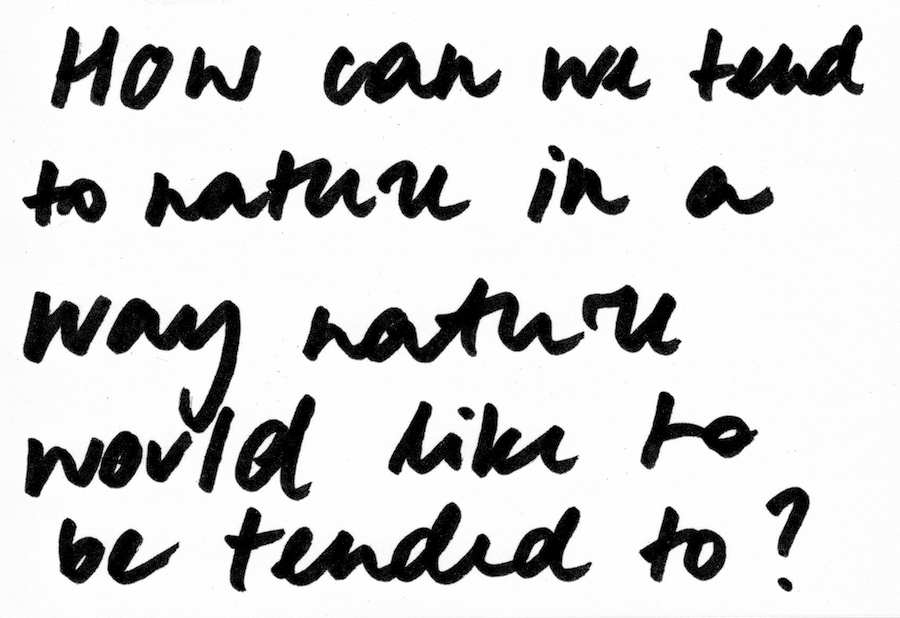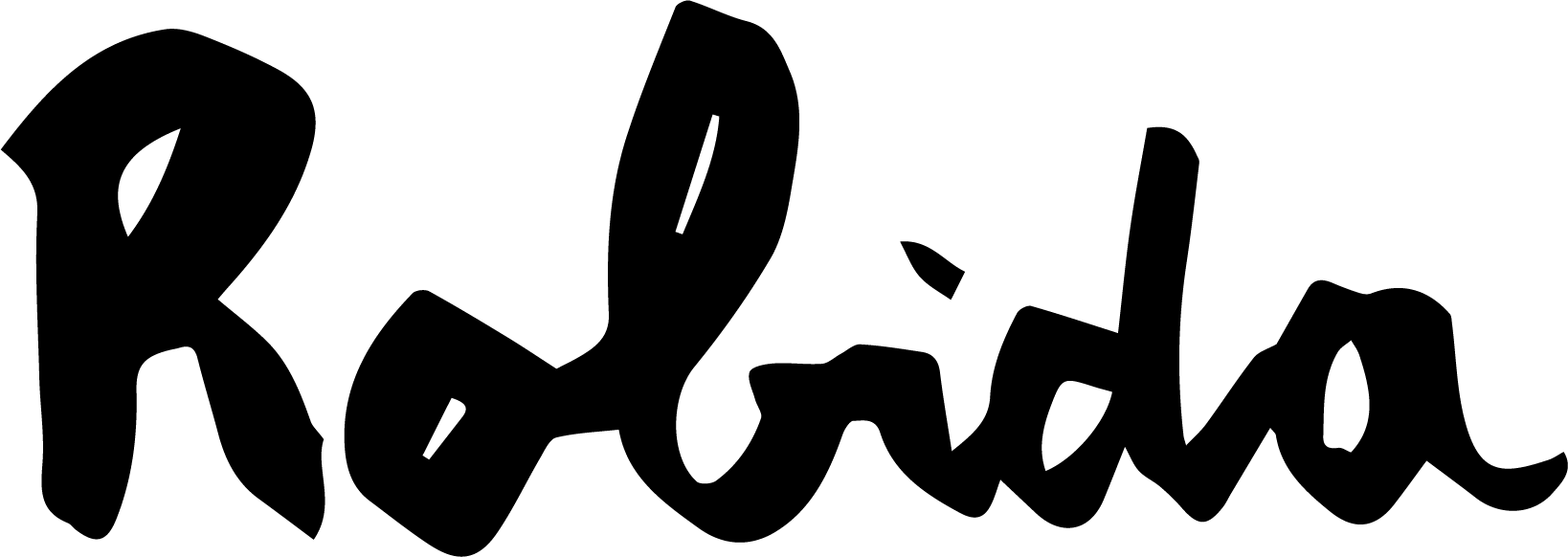On relating to the landscape
– a personal reflection after the summer school of the Academy of Margins
1
Church bells from all the surrounding villages fill the air with their melody, echoing and blending into one another for a long while. But as they slow down and fade out, subtle sounds of the village emerge again - an old lady (I imagine), listening to the radio; two men conversing around the corner; the shuffling of leaves, scissor snips and grapes falling into the bucket, as a man next to Carla’s house is picking them on a ladder leaning against the shed – these are the sounds that remind me of the parallel lives being lived in Topolò, those with which us visitors barely make contact with.
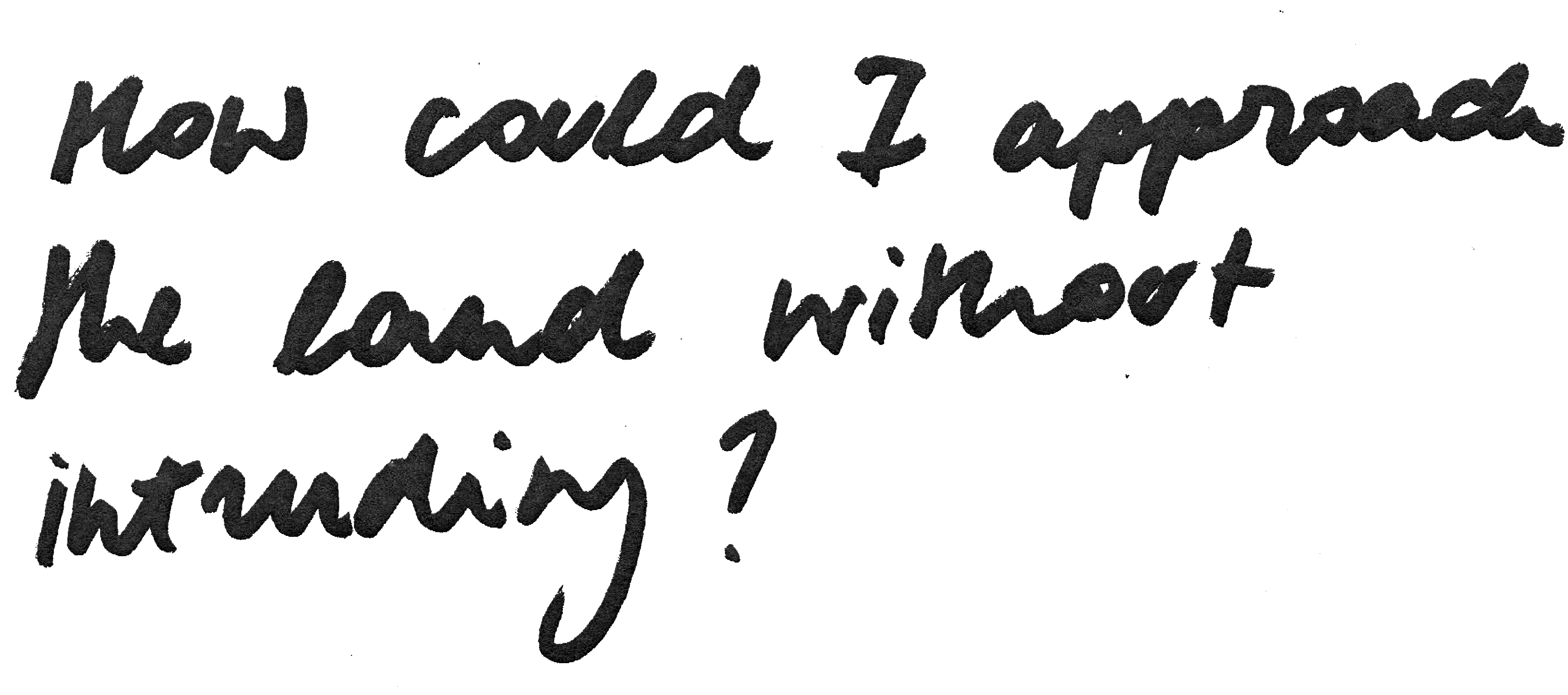
I am sitting in my favourite reading spot, a stone bench merged into the wall, nestled in grape plants as I am trying to hide below the disappearing shadow. It’s a warm late-August Sunday.
One morning we had a discussion about what it means to be a temporary resident > passer-by. Vida said that already by finding a favourite corner in Topolò, one is interacting with their surroundings, and hence showing care. I wonder if I can justify my spending time in Topolò with having found my corner? Multiple actually, there’s a few that constitute my current routine here – in the mornings, without saying more than a “good morning!” to my sleepy housemates, I’d quickly skip to the beginning of the hiking path, where I am greeted by the rising sun. I’d sit down on the ground still wet from the dew, notice the silhouette of mountains facing me, the glittering drops of water on the grasses growing on the terraces below, and close my eyes to arrive into my body and make contact with myself so to be able to flow through yet another day of beautiful collective togetherness. Or this corner of a bench here, where I am hidden enough to remain invisible to the eyes focused on their journey uphill, but from where I have a great overview of the villages traffic – most people would pass by this path on their way up to Izba.
It surprises me that whilst we can be so present here with one another (through cooking and eating together in Izba, collective reflection rounds and spontaneous bread folding), with the landscape (foraging on the terraces, walking in and listening to the riverbed, fermenting butter in the soil), and with the weather (thanks to Nada, Astrida Neimanis and the practice of weather writing), yet we can still be so separated from the real inhabitants of Topolò and from the day-to-day life that takes place in all the houses we are not occupying. The lacy curtains covering open doors and windows allow sounds and smells to pass through, giving us a glimpse of this life, yet act as a sturdy boarder between the outside and inside, difficult to cross as a foreigner.
Even though I know where Juljova (with its big fig tree), the piazzetta and the old school are, or how to walk to the river; even though I have found my places of retreat within the cobblestone streets of the village; and even though I weed the streets in moments of listening or conversing, I still feel there’s more to being a temporary resident and I often ask myself, how could I better interact with Topolò and the surrounding landscapes in order to feel the right to be here?
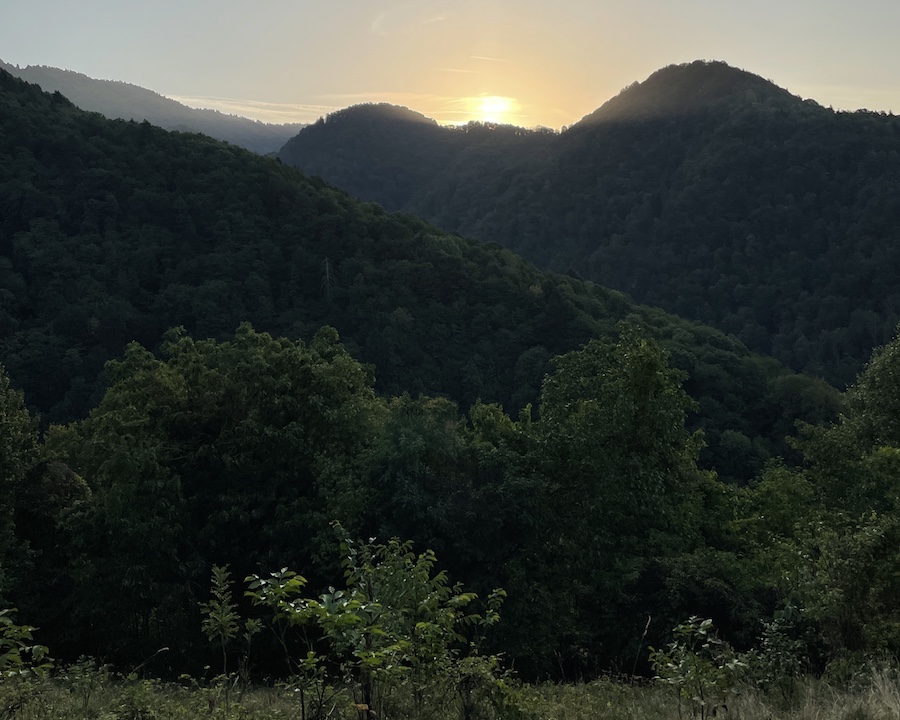
2
“I am back!” I whispered to myself from the back seat of a purple car driving me up the road I had been on before - for once, I was returning to a place instead of discovering new terrains, and this filled me with deep joy.
Topolò has this implicit feeling of a home, and I am still puzzling to understand which are the elements that bring out this sensation in me.. I have no previous relation to the village, yet the people behind Robida, the surrounding forests and the cold river keep on calling me back to experience more.
We spent a week frollicing around the terrains, dancing in the riverbed and conversing ourselves away at Izba, experiencing relationality, leaning about ecofeminism and the rights of water bodies, talking about caregiving, fermenting fruits into bubbles and eating endless pieces of sourdough. Listing out these things, the week sounds more like a lovely holiday with new friends, but to know that this is another way of organising a summer school - a format often related to academia and fast-paced making, warms my heart. Horizontal learning is possible, and participation based experiences can fulfil us as much as (if not even more than) prestigious summer schools. We all arrived as visitors and became participants in the process, as we involved ourselves in the activities surrounding care and presence.
Throughout all the beautiful and inspiring moments, a question remained boggling me, “How come do I have the right to enjoy all of this as a visitor? How could I give back to the land and the people hosting me?”. I received so much, yet felt like I could offer so little. The gratitude I felt in my heart was bursting out, and all I could do was to express it in moments I found fitting – I thanked the forest and the river for my magical walks and swims, said endless ‘thank you’s and ‘mmmmm!’s for the nurturing food that was constantly cooked for us, and tried to notice and react on moments when some extra help was needed in the kitchen. Still it felt too little, which sparked another stream of thoughts - perhaps that’s the ego, wanting to show more care to feel better about taking? We discussed about care a lot, actually every morning, as we were carrying out “useless acts of care” (an activity initiated by Ola Korbańska) by weeding the streets or clearing the stone walls and the forest ground, all the while being read out loud essays written by Tim Ingold.
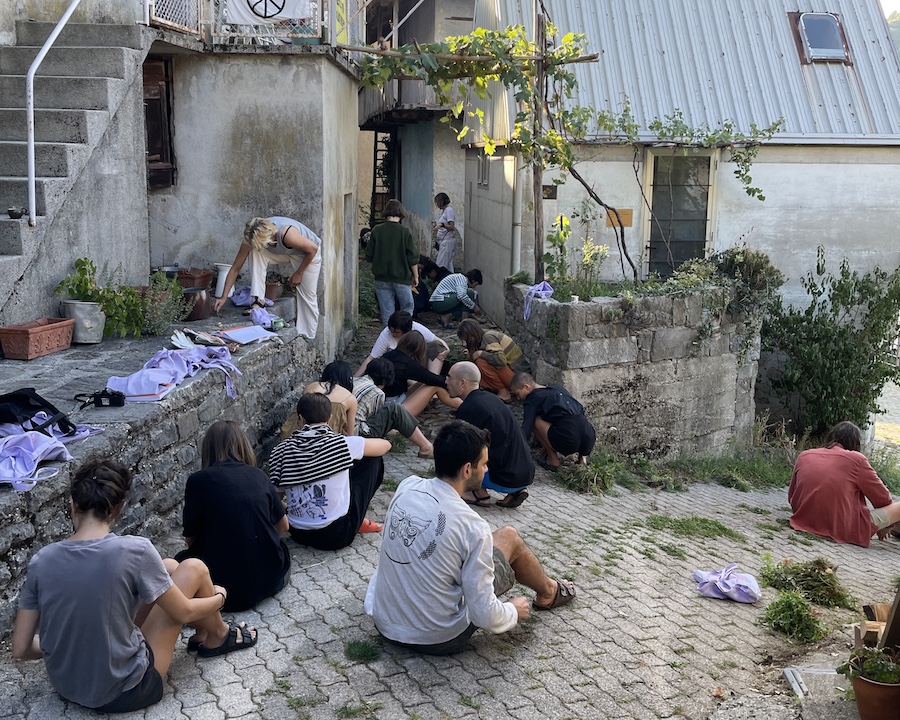
Maybe being grateful and present is already enough? Maybe it is not about taking less, rather about allowing ones self to enjoy and take without the lingering feeling of guilt? Knowing it is impossible to arrive to the village without being involved in the community, takes away the pressure of having to contribute – instead contribution becomes an implicit act of care. Perhaps this is a good ‘place’ to start from ~ in the quest of relating and giving back to the landscapes of Topolò.
